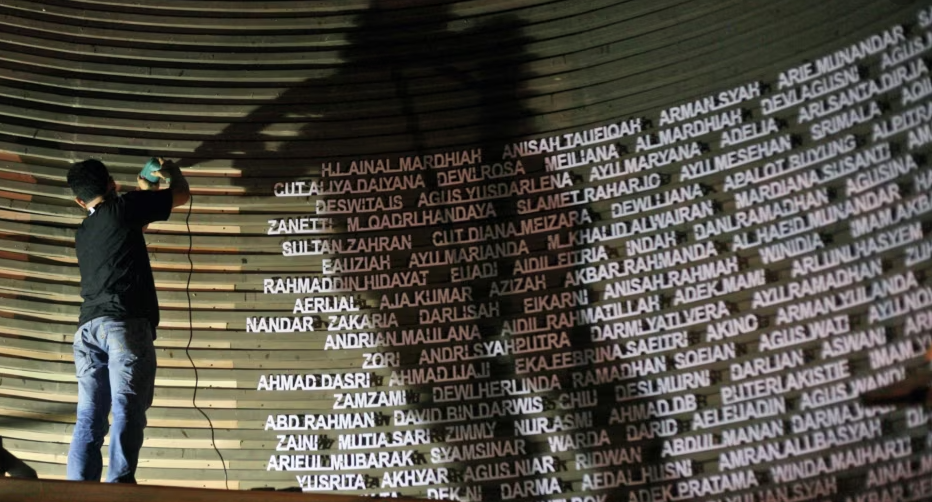Mwalola wa Mwalola, a seasoned fisherman from Kenya’s Indian Ocean coast, vividly recalls the deadly tsunami that struck two decades ago. The events of December 26, 2004, remain etched in his memory as a testament to the power of local knowledge and experience in averting disaster.
Mwalola attributes his survival to the fisherfolk’s intimate understanding of the ocean. “We sensed something was wrong and decided to stay away from the ocean that day,” he recounted. “My workplace was hit, but I was spared because I heeded the warnings. We managed to save lives by urging our colleagues to avoid the ocean.”
The tsunami, triggered by a massive undersea earthquake off the coast of Sumatra, Indonesia, devastated communities across the Indian Ocean region. The United Nations Educational, Scientific, and Cultural Organization (UNESCO) estimates that the disaster claimed 228,000 lives, including more than 300 fatalities in East African countries such as Somalia, Tanzania, and Kenya.
The catastrophe served as a grim wake-up call about the vulnerabilities of coastal communities and the urgent need for improved tsunami detection, forecasting, and preparedness. Yet, two decades later, experts warn that East Africa remains ill-equipped to face such disasters.
Shamim Wasii Nyanda, an environmental activist with the Tanzania Ocean Climate Innovation Hub, highlighted the increasing risks faced by coastal populations. “Climate change has amplified vulnerabilities, while adaptation funding remains limited,” Nyanda said. “Most coastal cities lack the financial resources and technological capacity to implement robust climate adaptation measures.”
Nyanda emphasized that urbanization is exacerbating these challenges. Cities like Dar es Salaam are expanding rapidly, with informal settlements encroaching on high-risk areas. “These communities lack disaster-resistant housing and infrastructure,” she explained. “When disasters strike, such as tsunamis, they are unprepared. The absence of technology and infrastructure leads to devastating consequences.”
The 2004 tsunami left a lasting impact on global awareness of tsunami risks. It spurred efforts to enhance detection and warning systems, but gaps remain in East Africa’s preparedness. Observers argue that many lessons from the tragedy have yet to be fully implemented in the region.
Nyanda called for targeted investments in disaster preparedness and adaptation. “Coastal cities must prioritize building resilient infrastructure and integrating early warning systems,” she said. “This requires not only financial resources but also political will and community engagement.”













Leave a comment